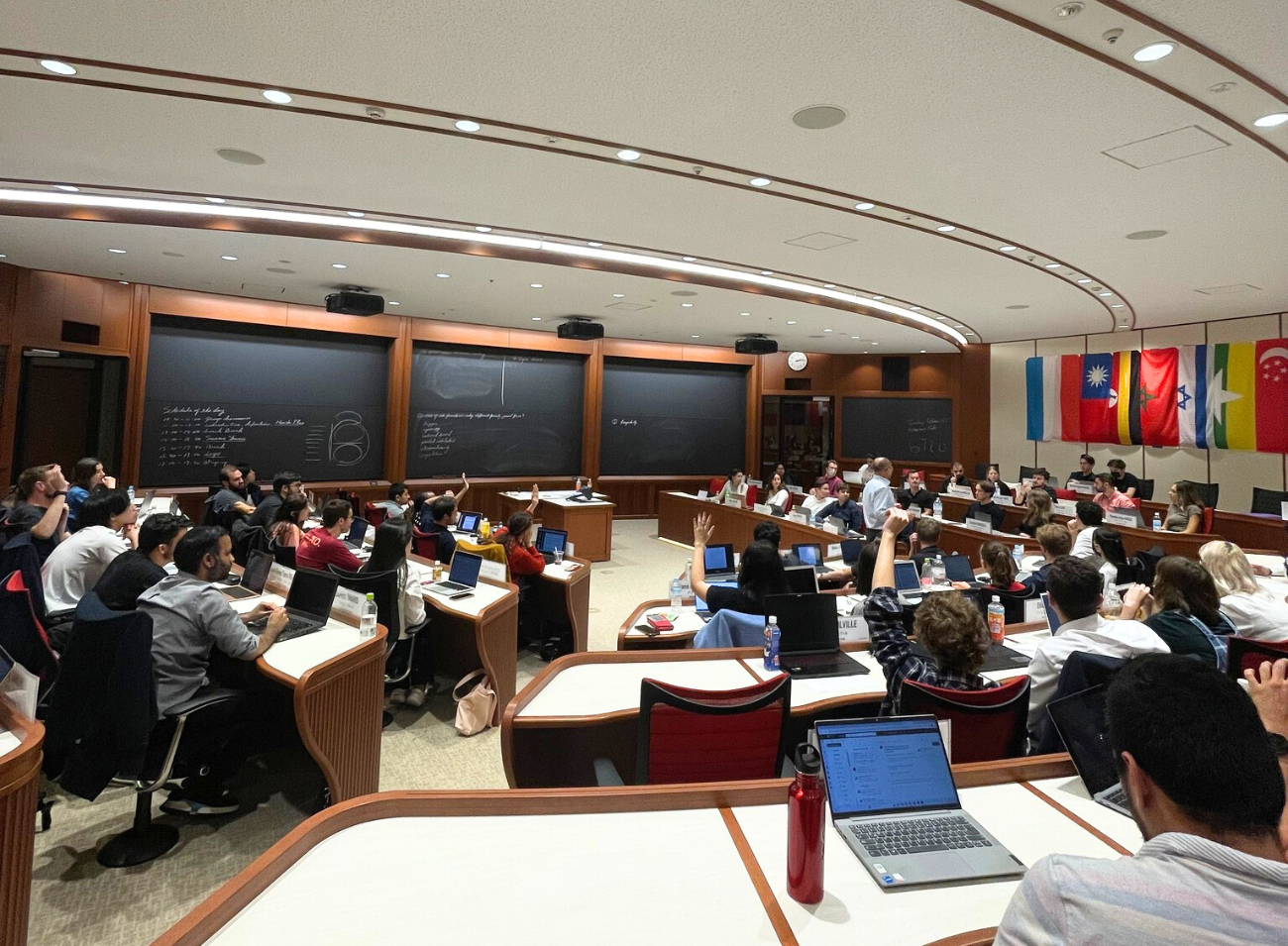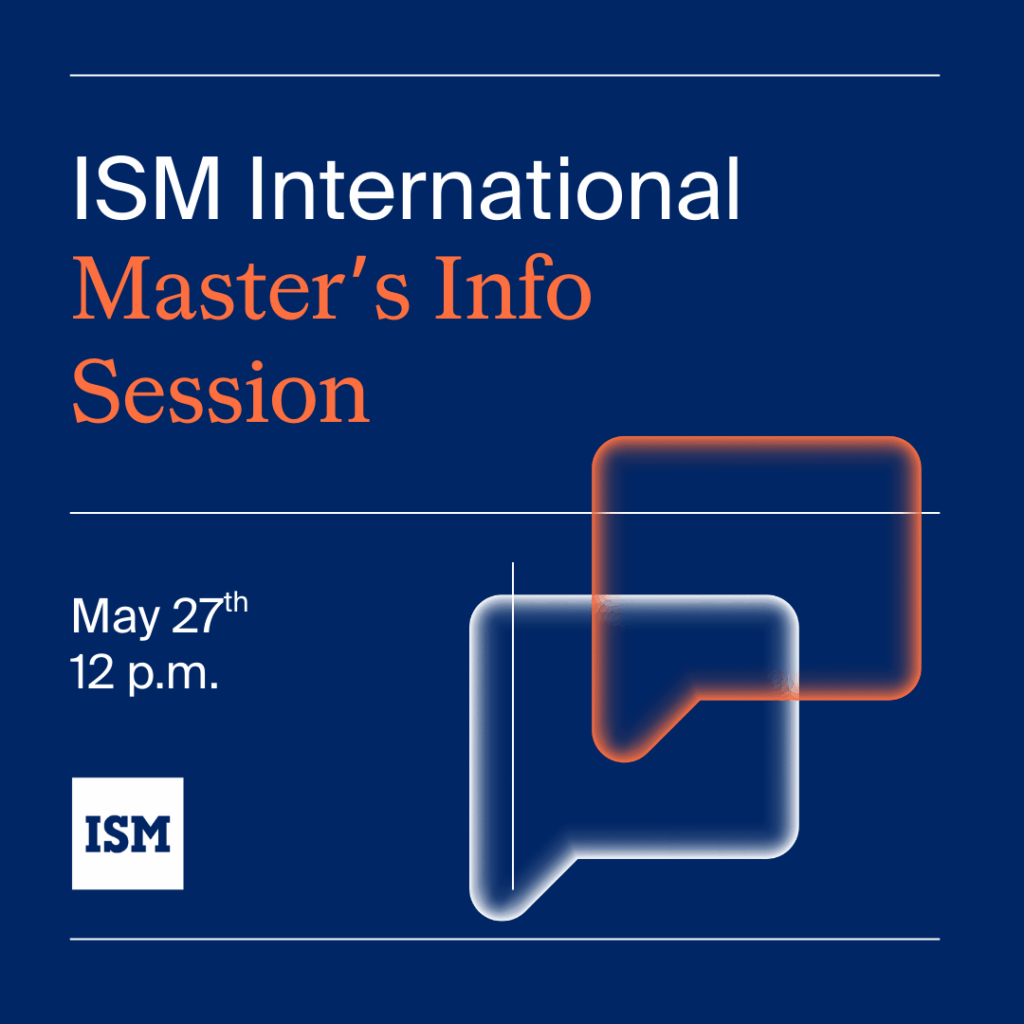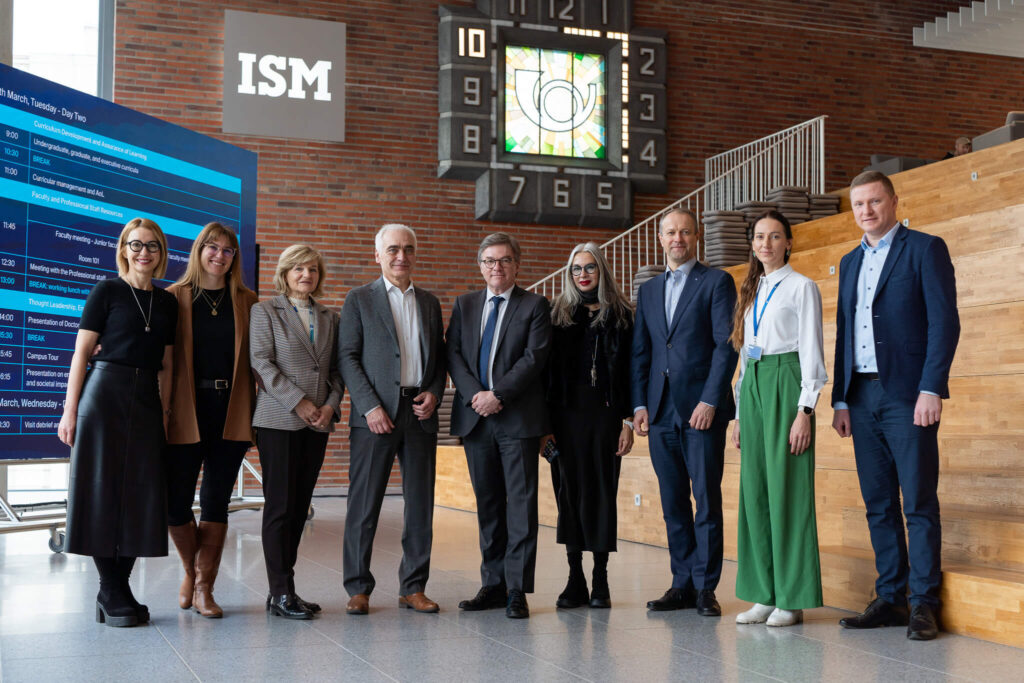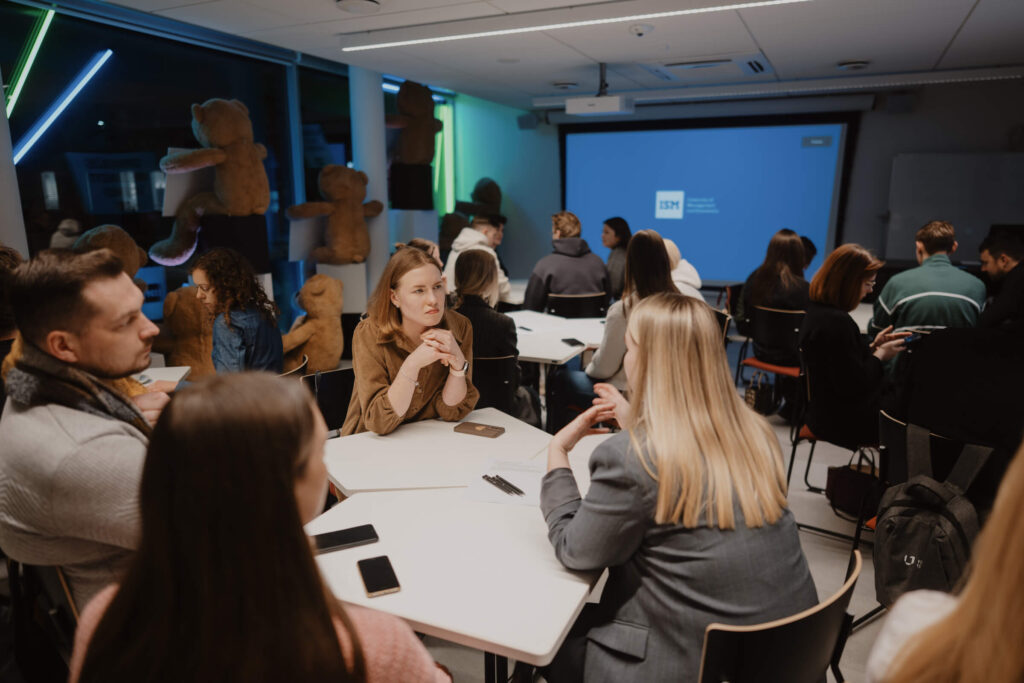International Marketing and Management
Become a marketing expert with this in-depth, market-oriented programme designed to arm you with knowledge and skills for career in marketing! We have the current updates from market professionals and globally-minded academics. It is the best-rated marketing study programme in Lithuania among master’s and bachelor’s study programs (SKVC, 2021).
Sign up for a consultation
A brief overview of the study program
Programme benefits








Program structure
What will I learn?
What will I learn?
What will I learn?
What will I learn?
Courses
In what areas will I gain expertise after completing this program?
You will acquire the ability to assess the strategic significance of the marketing process.
Acquire strategic skills through rigorous teaching and well-structured frameworks to adapt and be resilient in the changing landscape.
Learn how to create a business strategy using customer insights and competitor analysis.
You will gain expertise in crafting brand strategy and positioning.

Studies at ISM – accessible to everyone
Price
Financing opportunities
Opportunities to study abroad

Study tour to Dublin
International marketing and management program students are offered a study tour to the headquarters of world-famous advertising agencies in Dublin!During the study tour:
- Visit the world’s most famous organisations, get acquainted with the activities of high-level international marketing consulting companies, such as TBWA and iProspect
- Meet the world’s strongest marketing professionals and deepen your knowledge in the field of digital marketing and analytics
- Get acquainted with international marketing processes, advertising campaigns prepared for clients from all over the world and implementation of marketing projects
- Hear about the latest digital marketing trends and get tips on how to become a successful marketing professional
When it will take place? In the first year of studies, during the spring semester.
Duration? 4 days.
Who can participate? All students in the Global Leadership and Strategy programme
Price – 500-700 Eur (including flight costs, transport costs, accommodation, meals)
Important! Prices are preliminary. The trip will take place when a group of 12 students is formed. Visits will be arranged if the pandemic situation allows.

Double degree with BI Norwegian Business School
Study in Norway, in one of the world’s 1 percent of Triple Crown-accredited universities (AMBA, EQUIS, AACSB).How does this work? The first year of study is spent at ISM University. In Vilnius, the second year of studies – at a partner university.
How much does it cost? For a year in Norway, you have to pay extra, but there is a 10 percent discount.
How long does it take? Studies last two years
Is there an accommodation service? Students search for a place of residence independently or with the help of a university partner.
How will I benefit from a double degree? During your studies, you will gain intercultural and international experience of studying, working and living abroad. You will acquire two globally recognized and prestigious master’s degrees within a two-year period.

Double degree with KEDGE Business School
Study in France, in one of the world’s 1 percent of Triple Crown-accredited universities (AMBA, EQUIS, AACSB).How much does it cost? It doesn’t cost anything extra, the standard ISM tuition fee applies.
How does this work? The first year of study is spent at ISM University in Vilnius, the second year of study is spent at a partner university, optionally in the cities of Bordeaux or Marseille.
How long does it take? The studies last two years (if the double diploma program is chosen, the studies are extended by half a year).
Is there an accommodation service? Students search for a place of residence independently or with the help of a university partner.
How will I benefit from a double degree? During your studies, you will gain intercultural and international experience of studying, working and living abroad. You will acquire two globally recognized and prestigious master’s degrees within a two-year period.

Double degree with BBA INSEEC Grande École (France)
Study in one of the top universities in Paris, France (accredited by AMBA).How much does it cost? It doesn’t cost anything extra, the standard ISM tuition fee applies.
How does this work? The first year of study is spent at ISM University in Vilnius, the second year of study is spent at a partner university, optionally in the cities of Bordeaux or Marseille.
How long does it take? The studies last two years (if the double diploma program is chosen, the studies are extended by half a year).
Is there an accommodation service? Students search for a place of residence independently or with the help of a university partner.
How will I benefit from a double degree? During your studies, you will gain intercultural and international experience of studying, working and living abroad. You will acquire two globally recognized and prestigious master’s degrees within a two-year period.
News and events
Considering studies at ISM?







